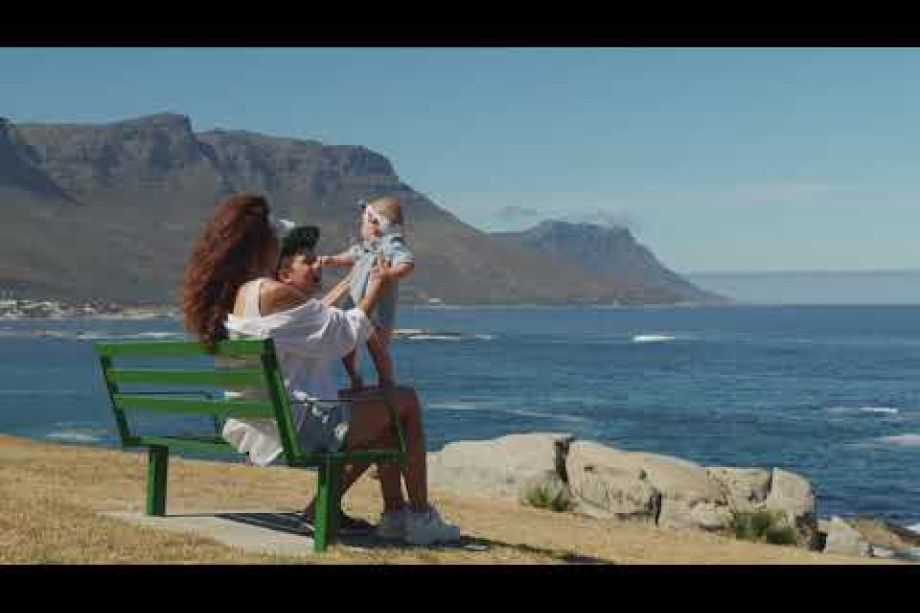
CapeNature’s Stony Point now daily on WildEarth TV
CapeNature’s Stony Point Nature Reserve is one of the daily experiences broadcasted by the award winning WildEarth channel. Stony Point is home to one of the largest successful breeding colonies of African penguin in the world with roughly 3 600 African penguins. Located in the quaint coastal town of Betty's Bay in the Overberg, the Reserve offers the public the chance to see these wonderful flightless birds up close. Penguins are active throughout the year with nesting season in February to April, hatching and rearing of young until October and moulting from November to January.
“Penguin Beach” is an expert-hosted live and interactive experience with the colony of penguins. Viewers can follow regular characters within this colony in real time and ask the experts of CapeNature and WildEarth questions via Twitter and a chat option. This one of a kind LIVE experience on WildEarth allows viewers to watch it daily throughout the year, following specific characters as they grow from being newborns to fully fledged adults.
The mission is to offer this unique experience to adventurers all over the world, but especially the ones who will never get to experience this for themselves. By using one camera, it gives the point of view of someone who is walking the boardwalk with the expert. The addition of being able to ask the expert questions in real time means that it faithfully recreates what it is like to actually be taking part in this experience physically.
This real time penguin experience is broadcasted daily from 08h30 to 09h30 on DSTV channel 183. One can also download the WildEarth app from Google Play, the App store, Roku and Amazon Fire. Here is also a list of television channels around the world where it can also be viewed.
WildEarth & CapeNature WE PROMO ONLINE





